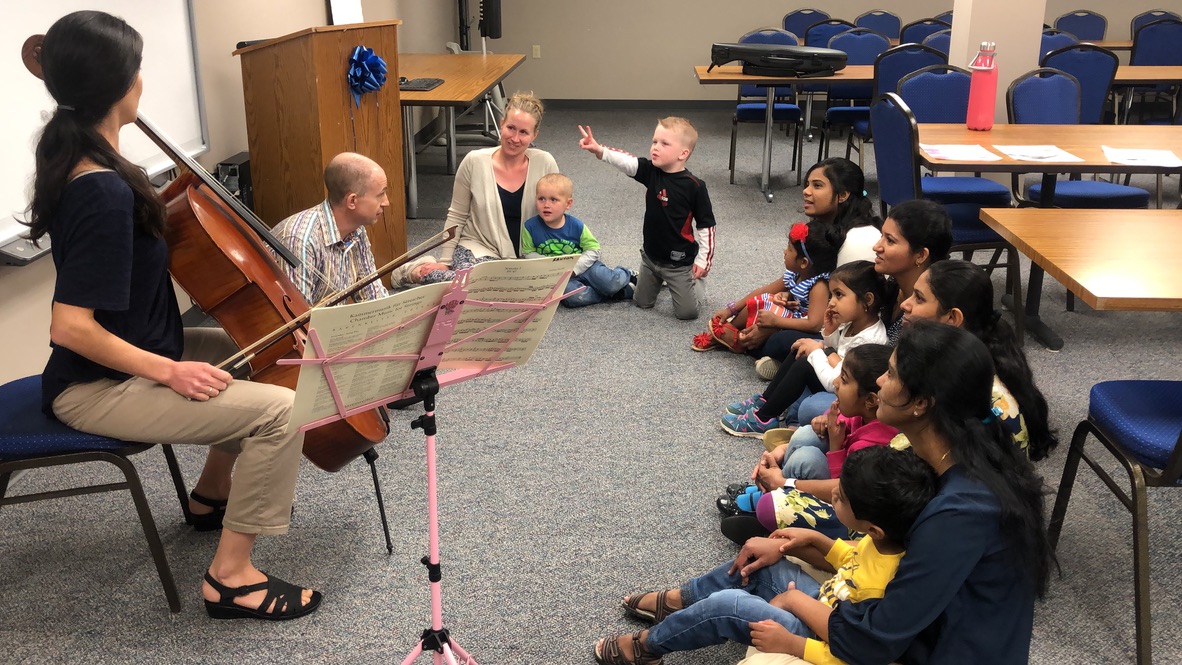Making Every Lesson a STEM Lesson
Research shows no matter how schools are approaching STEM education, they’re on to something by starting early: kids are capable of learning about STEM at a young age and early exposure and understanding of STEM topics can increase academic achievement, persistence and critical thinking. Many schools also see STEM lessons as a way to prepare students for STEM-heavy jobs that will most likely continue to be in demand when today’s preschoolers enter the workforce. Learn more about what research says are the best ways to introduce STEM early on. (Hechinger Report)
Who Will Try to Solve the Billion-Dollar Funding Question in Illinois Early Education?
Gov. J.B. Pritzker. Last year, he named a 29-person commission tasked with tackling the billion-dollar question in state education: How to have the biggest impact with limited funds. Illinois spends an estimated $1.5 billion in state and federal money on children under 5, but those dollars are not spent evenly around the state and reach only a fraction of babies, toddlers, and preschoolers. Pritzker also said he plans to raise reimbursement rates by 5 percent for a child care program used by low-income working families to subsidize the cost of infant care, day care, and some extended after-school programs for older children.
High-quality, Accessible Pre-Kindergarten
High-quality pre-k improves children’s school readiness and success: they enter school better prepared and are less likely to repeat a grade or be referred to special education. Long-term benefits include higher high-school graduation rates, lower rates of crime and teen pregnancy, higher lifetime earnings, and better health outcomes. CityHealth’s assessment of pre-k quality is based on the National Institute of Early Education Research’s 10 research-based quality standards benchmarks, along with an assessment of the level of enrollment in the city’s largest pre-k program. These benchmarks are consistent with what research suggests as minimums for highly effective programs. Data are based on assessments as of August 1, 2019.

